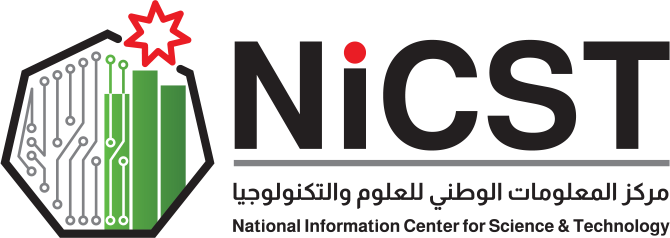
The roles of the family:
- Reproduction
- Social care and upbringing
- Emotional function
- Economic function
The impact of the family on community building:
- Family harmony
- Family disintegration
The family is one of the most prominent institutions in political socialization, as it is where individuals begin to acquire the prevailing attitudes, beliefs, and feelings in society.
The family exercises its role in the political socialization process from three perspectives. Firstly, the family's private sphere remains the primary source that satisfies the child's material needs (food and clothing) and emotional needs (love and affection) for several years, leading the child to adopt the values and attitudes of their parents.
Secondly, the philosophy and values of the family reflect a system of values that the child absorbs and stores in their memory. However, this does not always mean an inevitable alignment between the values of parents and children, as social, economic, or political changes can lead to differences in political values and orientations between parents and children.
Thirdly, child-rearing methods play a role in shaping the child's beliefs and attitudes within the family. Children acquire beliefs and attitudes not only through overt and covert political socialization but also through the parenting style employed.
The Jordanian family has played a significant role in nurturing its children with a set of stable political values and standards embedded in the consciousness of society, ensuring their continuity over time. This explains why a large percentage of children in Jordanian society share the same prevailing political orientations and beliefs as their parents, despite the social and economic differences between the two generations.
It is evident from the above that the Jordanian family has succeeded in instilling political values such as sacrifice, loyalty, and belonging to the homeland through political socialization. Their loyalty to the homeland is not contingent upon the economic, social, or political benefits they receive, which has positively contributed to the stability and prosperity of the kingdom amidst the difficult regional circumstances that have affected other major regional countries.

